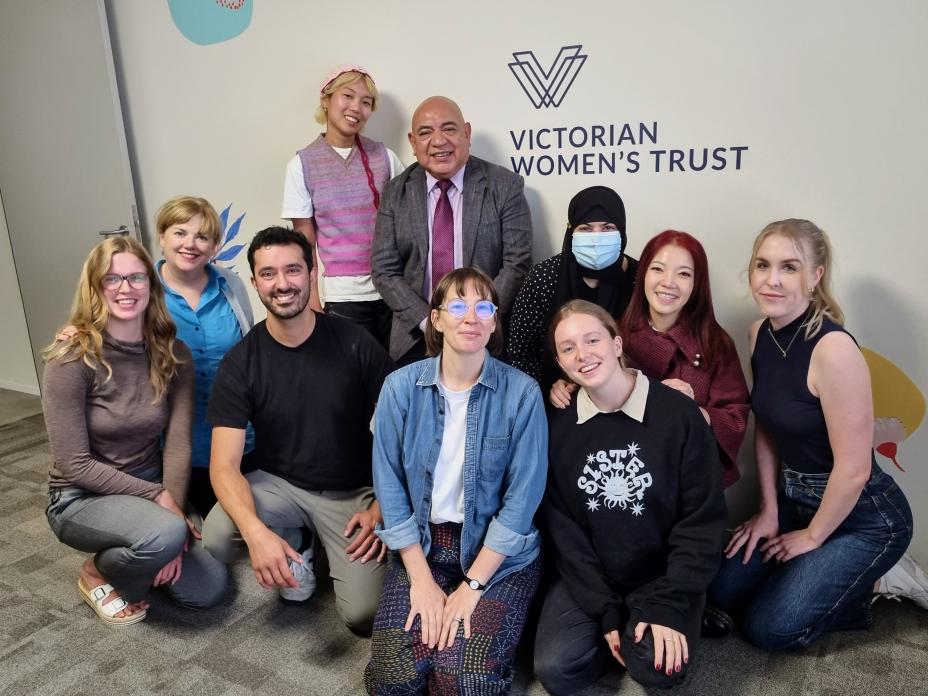Staying safe while working from home: The Victorian Women’s Trust
Discover how the Victorian Women’s Trust hybrid work model supports worker mental health.
- Health Care and Social Assistance
- VIC

- During COVID-19 lockdowns, Victorian Women’s Trust workers had to quickly adapt to working from home.
- Concerned about the wellbeing of workers, the Trust contracted an ergonomic firm to address the points of concern in workers’ at-home workspaces.
- The Trust has continued its successful hybrid work model, ensuring it was “not just a random structural response but a deliberate effort to bolster health and wellbeing”.



